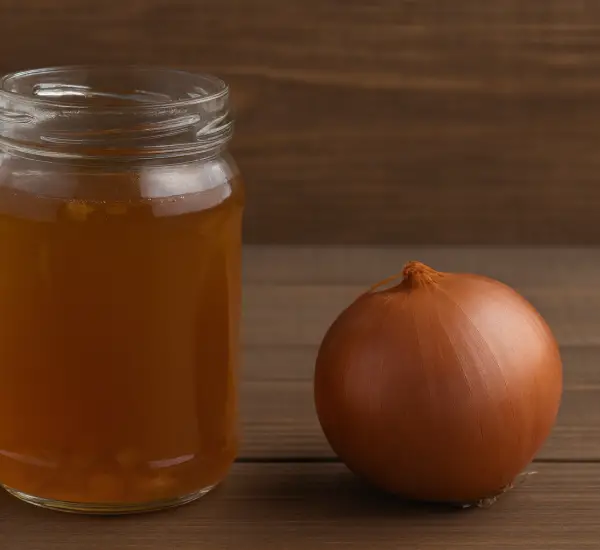Parsley, commonly associated with culinary uses, has a rich history in traditional medicine, boasting numerous therapeutic properties.
This herb is a true superfood, loaded with nutrients that contribute to the prevention of various health conditions. Here are the key benefits of parsley:
Joint Pain Relief: Parsley is a rich source of antioxidants, including beta-carotene and vitamin C, along with other anti-inflammatory nutrients. Regular consumption may help alleviate arthritis symptoms by speeding up the elimination of uric acid, a substance linked to joint pain.
Heart Health: The folates in parsley are excellent for heart health. They protect blood vessels, reducing the risk of heart attacks, and convert potentially harmful homocysteine into harmless molecules.
Anti-Inflammatory Properties: Used for centuries in Mediterranean countries to relieve insect bites, minor wounds, and toothaches, parsley has been shown in a study by King Saud University (Saudi Arabia) to possess anti-inflammatory and hepatoprotective properties.
Immune Boost: The minerals, vitamins (A, C, K, niacin, and folates), and antioxidants in parsley contribute to strengthening the immune system. Parsley’s chlorophyll also exhibits antibacterial and antifungal properties.
Diabetes Prevention: A study published in the Journal of Nutrition suggests that foods rich in myricetin, a flavonoid, can reduce the risk of type 2 diabetes. Parsley happens to be one of the richest sources of myricetin.
Diuretic Effects: Parsley is excellent for stimulating the body to eliminate excess toxins, helping lower blood pressure. Its diuretic effects aid in getting rid of excess sodium in the body.
Incorporating parsley into your diet not only enhances the flavor of your dishes but also provides a myriad of health benefits. Share this herb’s goodness with others!



